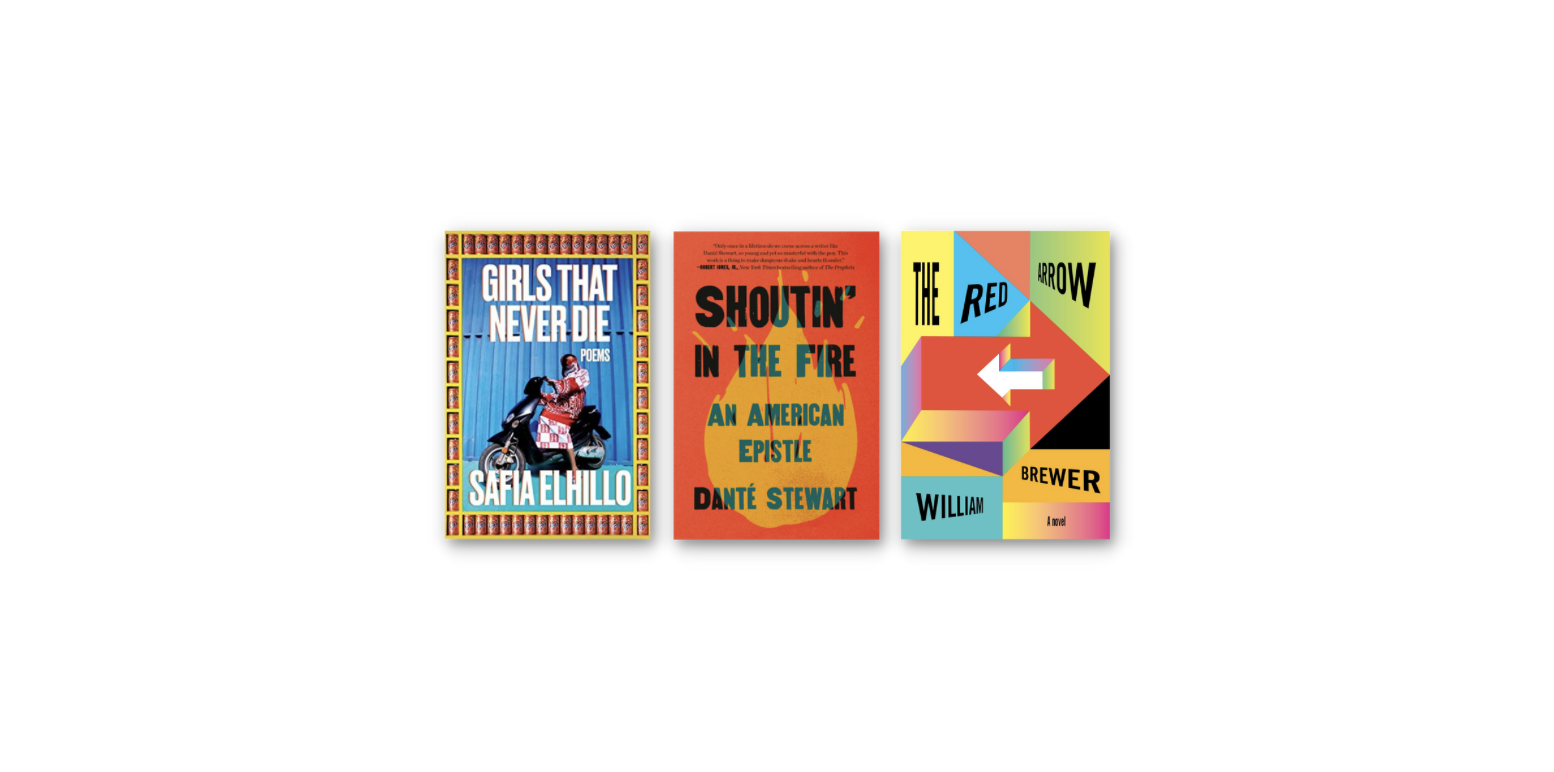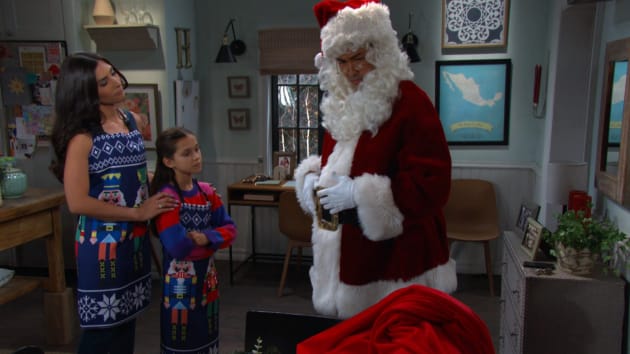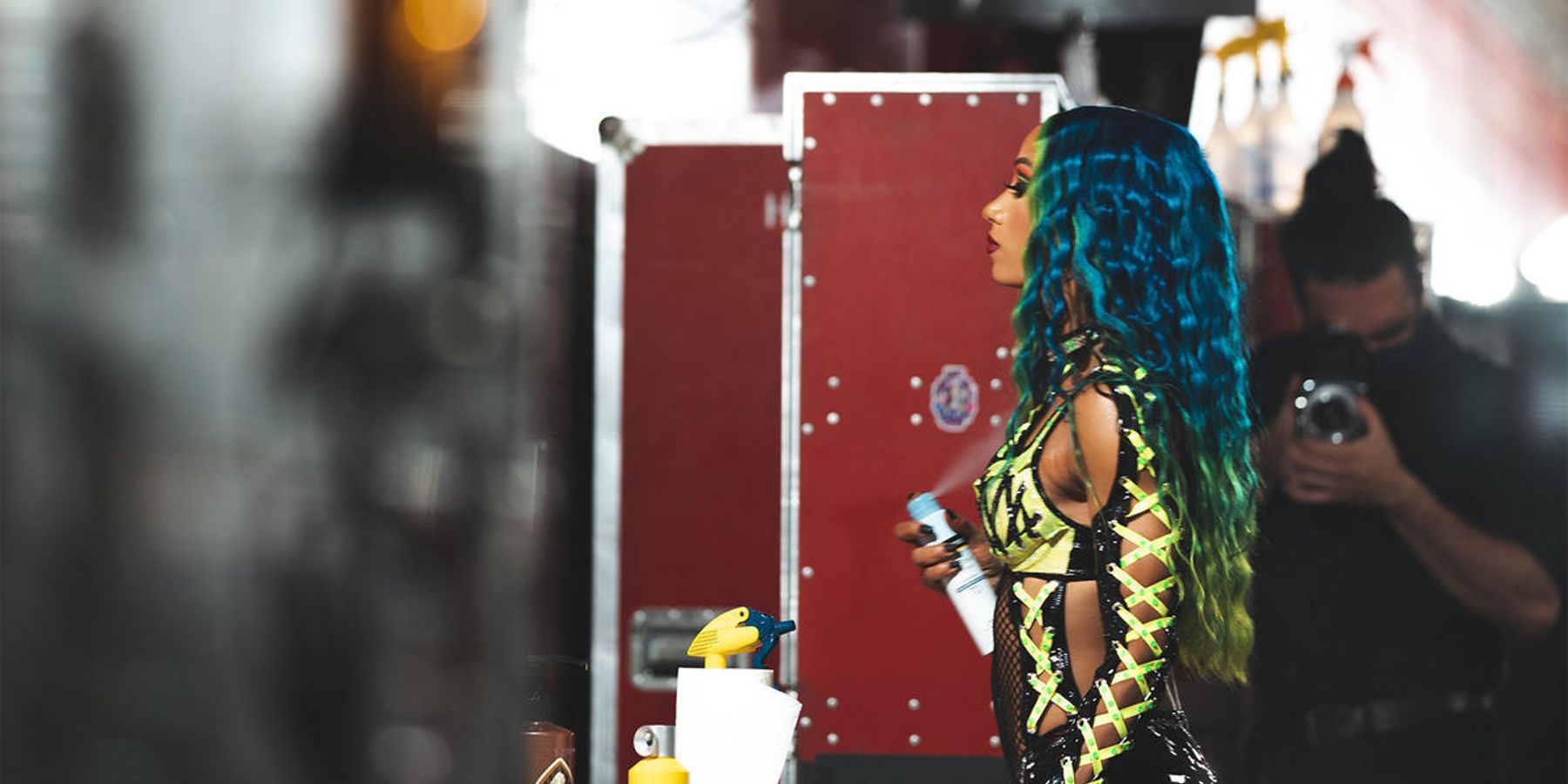 I am a writer and a literary agent, which means between my personal and professional lives, much of my time is spent reading—for work, for research, for pleasure. For me as a writer, reading is essential to my process. My debut memoir, The Black Period: On Personhood, Race, and Origin, which came out from Random House September of this year, is a deeply researched hybrid work of nonfiction, cultural and social criticism, and political analysis. To write it, I relied on 300+ texts, many of which have continued to shape how I read in the present. Here are some of the reads from this year that stuck with me.
I am a writer and a literary agent, which means between my personal and professional lives, much of my time is spent reading—for work, for research, for pleasure. For me as a writer, reading is essential to my process. My debut memoir, The Black Period: On Personhood, Race, and Origin, which came out from Random House September of this year, is a deeply researched hybrid work of nonfiction, cultural and social criticism, and political analysis. To write it, I relied on 300+ texts, many of which have continued to shape how I read in the present. Here are some of the reads from this year that stuck with me.



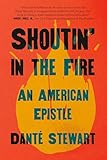 Like so many, I am also in search of different ways to live and different ways to object to the unjust conditions that capitalism and a carceral society forces us to struggle through. In nonfiction, The Next Great Migration: The Beauty and Terror of Life on the Move, Sonia Shah asks us to reconsider what we believe about migration, recasting it as a source of hope and history. How to Feel: The Science and Meaning of Touch by Sushma Subramanian is an illuminating read on the emotional, physical, and cultural ways we understand touch and the science behind it. Two memoirs I loved were Lynn Melnick’s I Had to Think Up a Way to Survive: On Trauma, Persistence, and Dolly Parton, which is a brilliant meditation on how music is not just the soundtrack of our lives, sometimes it’s what carries us through; and Dante Stewart’s Shoutin’ in the Fire: An American Epistle which speaks to the multiplicity of meanings behind both having faith and being tested by it.
Like so many, I am also in search of different ways to live and different ways to object to the unjust conditions that capitalism and a carceral society forces us to struggle through. In nonfiction, The Next Great Migration: The Beauty and Terror of Life on the Move, Sonia Shah asks us to reconsider what we believe about migration, recasting it as a source of hope and history. How to Feel: The Science and Meaning of Touch by Sushma Subramanian is an illuminating read on the emotional, physical, and cultural ways we understand touch and the science behind it. Two memoirs I loved were Lynn Melnick’s I Had to Think Up a Way to Survive: On Trauma, Persistence, and Dolly Parton, which is a brilliant meditation on how music is not just the soundtrack of our lives, sometimes it’s what carries us through; and Dante Stewart’s Shoutin’ in the Fire: An American Epistle which speaks to the multiplicity of meanings behind both having faith and being tested by it.





 I’m a perpetual abolitionist in training, and this year, the books that guided me on that path, testing the bounds of my imagination for justice are No More Police by Mariame Kaba and Andrea Ritchie, Becoming Abolitionists by Derecka Purnell, Health Communism by Beatrice Adler-Bolton and Artie Vierkant, Black Space: On the Poetics of an Afrofuture by Anaïs Duplan, Marlon Peterson’s memoir Bird Uncaged, and Crip Kinship: The Disability Justice and Art Activism of Sins Invalid by Shayda Kafai, a beautifully written book that speaks to the creativity and wisdom of disabled communities and what can be learned from us.
I’m a perpetual abolitionist in training, and this year, the books that guided me on that path, testing the bounds of my imagination for justice are No More Police by Mariame Kaba and Andrea Ritchie, Becoming Abolitionists by Derecka Purnell, Health Communism by Beatrice Adler-Bolton and Artie Vierkant, Black Space: On the Poetics of an Afrofuture by Anaïs Duplan, Marlon Peterson’s memoir Bird Uncaged, and Crip Kinship: The Disability Justice and Art Activism of Sins Invalid by Shayda Kafai, a beautifully written book that speaks to the creativity and wisdom of disabled communities and what can be learned from us.

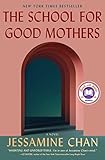








 After having spent years immersing myself in nonfiction to write The Black Period, this year I allowed myself to fall in love with fiction again. When it comes to immersive worlds, my favorite ones to get lost in were Overstory by Richard Powers a novel told in a series of interlocking fables, The School for Good Mothers by Jessamine Chan, The Children’s Bible by Lydia Millet, The Buddha in the Attic by Julie Otsuka, and Ted Chiang’s story collection Exhalation. I love the way fiction allows me to fully lose myself in a character’s mind. Novels that brought me to heights of immersion were Transcendent Kingdom by Yaa Gyasi, The Red Arrow by William Brewer, When We Were Sisters by Fatimah Asghar, All This Could Be Different by Sarah Thankam Mathews, The Removed by Brandon Hobson, and Transit by Rachel Cusk.
After having spent years immersing myself in nonfiction to write The Black Period, this year I allowed myself to fall in love with fiction again. When it comes to immersive worlds, my favorite ones to get lost in were Overstory by Richard Powers a novel told in a series of interlocking fables, The School for Good Mothers by Jessamine Chan, The Children’s Bible by Lydia Millet, The Buddha in the Attic by Julie Otsuka, and Ted Chiang’s story collection Exhalation. I love the way fiction allows me to fully lose myself in a character’s mind. Novels that brought me to heights of immersion were Transcendent Kingdom by Yaa Gyasi, The Red Arrow by William Brewer, When We Were Sisters by Fatimah Asghar, All This Could Be Different by Sarah Thankam Mathews, The Removed by Brandon Hobson, and Transit by Rachel Cusk.


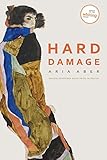




 In poetry, Dionne Brand’s Nomenclature: New and Collected Poems is an astounding work of witness and testimony to the possible futures that, together, we must imagine. I also loved Mutiny by Phillip B. Williams, Hard Damage by Aria Aber, Human Resources by Ryann Stevenson, Girls that Never Die by Safia Elhillo, Dispatch by Cameron Awkward-Rich, Intimacies, Received and Vantage by Taneum Bambrick, and In this Quiet Church of Night, I Say Amen by Devin Kelly.
In poetry, Dionne Brand’s Nomenclature: New and Collected Poems is an astounding work of witness and testimony to the possible futures that, together, we must imagine. I also loved Mutiny by Phillip B. Williams, Hard Damage by Aria Aber, Human Resources by Ryann Stevenson, Girls that Never Die by Safia Elhillo, Dispatch by Cameron Awkward-Rich, Intimacies, Received and Vantage by Taneum Bambrick, and In this Quiet Church of Night, I Say Amen by Devin Kelly.

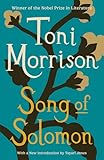




 I’m a poet, and part of our craft is in the way language moves both on the page and on off the page, when read aloud. I think that’s part of the reasons I love audiobooks and the different kind of attention they require of me. I mainly listen to nonfiction, though I have been working through the catalog of Toni Morrison’s audiobooks, which she narrates, and this year I listened to Jazz and Song of Solomon. In nonfiction, some of my favorite listens were Four Thousand Weeks: Time Management for Mortals by Oliver Burkeman, which is so much more than a “how-to.” There are some books that are so transformative that after I read them, I listen to them, too. Border and Rule: Global Migration, Capitalism, and the Rise of Racist Nationalism by Harsha Walia is one of them. It’s a book that connects all the dots and I will never stop proselytizing for it. I loved listening to Angela Davis: An Autobiography by Angela Davis and White Freedom: The Racial History of an Idea by Tyler Stovall. The Dawn of Everything: A New History of Humanity by David Graeber and David Wengrow is an incredible reimagining of the ways we choose to relay history and the meanings we pull from it.
I’m a poet, and part of our craft is in the way language moves both on the page and on off the page, when read aloud. I think that’s part of the reasons I love audiobooks and the different kind of attention they require of me. I mainly listen to nonfiction, though I have been working through the catalog of Toni Morrison’s audiobooks, which she narrates, and this year I listened to Jazz and Song of Solomon. In nonfiction, some of my favorite listens were Four Thousand Weeks: Time Management for Mortals by Oliver Burkeman, which is so much more than a “how-to.” There are some books that are so transformative that after I read them, I listen to them, too. Border and Rule: Global Migration, Capitalism, and the Rise of Racist Nationalism by Harsha Walia is one of them. It’s a book that connects all the dots and I will never stop proselytizing for it. I loved listening to Angela Davis: An Autobiography by Angela Davis and White Freedom: The Racial History of an Idea by Tyler Stovall. The Dawn of Everything: A New History of Humanity by David Graeber and David Wengrow is an incredible reimagining of the ways we choose to relay history and the meanings we pull from it.
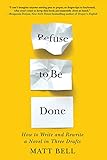

 I have an MFA in poetry and an MFA in Nonfiction, and now I’m trying to teach myself as much as I can about fiction as I work on a novel about the return of a super continent. Three craft books that have been vital guides for me are Refuse to Be Done: How to Write and Rewrite a Novel in Three Drafts by Matt Bell, Wonderbook: The Guide to Creating Imaginative Fiction by Jeff VanderMeer, and Coyote & Crow, a roleplaying game that takes place in a world where U.S. colonization never happened, created and developed by Connor Alexander (Cherokee Nation).
I have an MFA in poetry and an MFA in Nonfiction, and now I’m trying to teach myself as much as I can about fiction as I work on a novel about the return of a super continent. Three craft books that have been vital guides for me are Refuse to Be Done: How to Write and Rewrite a Novel in Three Drafts by Matt Bell, Wonderbook: The Guide to Creating Imaginative Fiction by Jeff VanderMeer, and Coyote & Crow, a roleplaying game that takes place in a world where U.S. colonization never happened, created and developed by Connor Alexander (Cherokee Nation).



 I’ve been lucky to read advance copies of some fantastic books that are forthcoming in 2023. I highly recommend everyone pre-order Ordinary Notes by Christina Sharpe (nonfiction), Liliana’s Invincible Summer: A Sister’s Search for Justice by Cristina Rivera Garza (memoir), House of Cotton by Monica Brashears (fiction), and Fixer by Edgar Kunz (poetry).
I’ve been lucky to read advance copies of some fantastic books that are forthcoming in 2023. I highly recommend everyone pre-order Ordinary Notes by Christina Sharpe (nonfiction), Liliana’s Invincible Summer: A Sister’s Search for Justice by Cristina Rivera Garza (memoir), House of Cotton by Monica Brashears (fiction), and Fixer by Edgar Kunz (poetry).
My nightstand holds my (perhaps overly) ambitious plans for books I’m hoping to close out the year with, including:
Nonfiction: Prisoners of Geography: Ten Maps That Explain Everything About the World by Tim Marshall and Gay Bar: Why We Went Out by Jeremy Atherton Lin
Fiction: The Shadow King by Maaza Mengiste, Lark Rising by Silas House, and Didn’t Nobody Give a Shit What Happened to Carlotta by James Hannaham
Poetry: Your Emergency Contact Has Experienced an Emergency by Chen Chen
Audiobooks: The Next Shift: The Fall of Industry and the Rise of Health Care in Rust Belt America by Gabriel Winant and South to America: A Journey Below the Mason-Dixon to Understand the Soul of a Nation by Imani Perry
As I prepare to jump back into the research for my second nonfiction book Being Around: On Living, I hope 2023 will deliver me another busy year of reading, and more piles of books I dream of getting to.















































